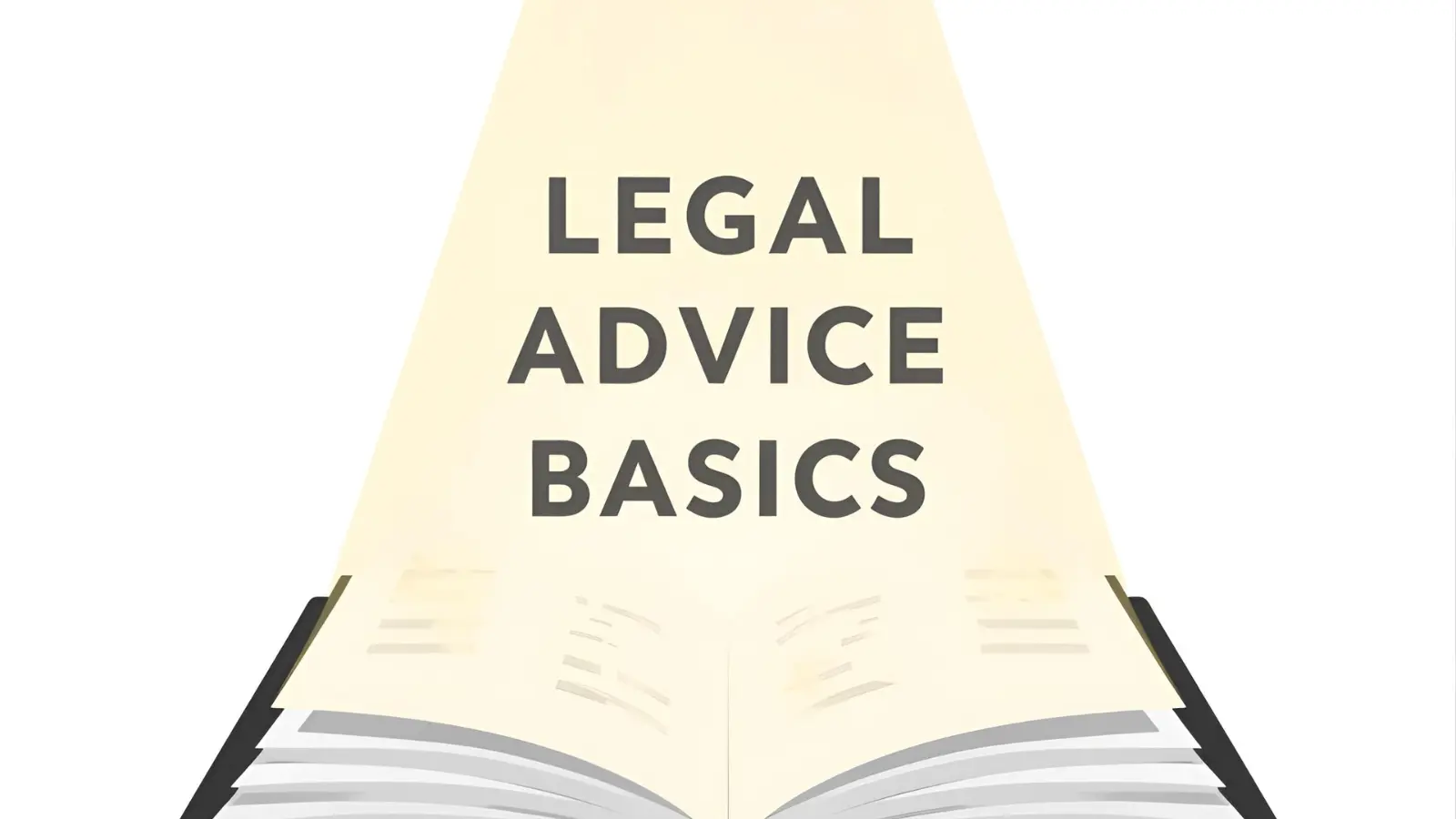In today’s fast-changing world, understanding legal advice basics is more important than ever. Whether you’re signing a contract, renting an apartment, or starting a business, every decision you make is shaped by the law.
Knowing your rights and responsibilities doesn’t just protect you — it empowers you to act wisely and confidently.
This guide will help you understand what legal advice means, how to find reliable legal help, and when you should consult a professional.
You’ll also learn about common legal mistakes, digital legal platforms, and free or affordable options for legal assistance.
By the end, you’ll know exactly how to protect yourself legally — and how to make the best decisions without confusion or stress.
Read Also This Blog Post : Click Now
1. What Is Legal Advice?
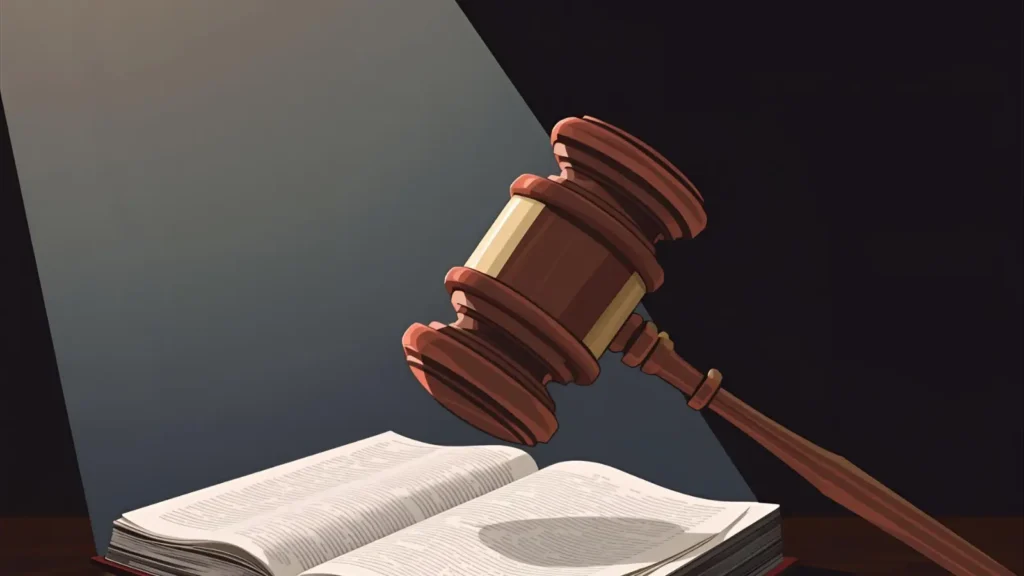
Legal advice is expert guidance provided by a licensed lawyer or legal professional about how laws apply to your specific situation. It’s more than just explaining the law — it’s advice tailored to your unique needs.
For example:
- “Tenants have the right to a safe home” is legal information.
- “You can file a complaint against your landlord for unsafe living conditions” is legal advice.
Only qualified lawyers can give legal advice. Anyone else may only share legal information — general facts about the law.
Read Also This Blog Post : Click Now
2. Legal Information vs. Legal Advice
People often confuse the two, but understanding the difference can save you from legal risks.
| Legal Information | Legal Advice |
|---|---|
| General explanation of the law | Personalized guidance for your situation |
| Can be shared by anyone | Must come from a licensed lawyer |
| Example: “You must pay taxes.” | Example: “You can claim a tax refund under section 2025-B.” |
If you’re reading a blog, watching a YouTube video, or browsing an online forum, you’re most likely getting legal information, not professional advice. Always consult a licensed attorney before taking legal action.
3. Why Legal Advice Matters
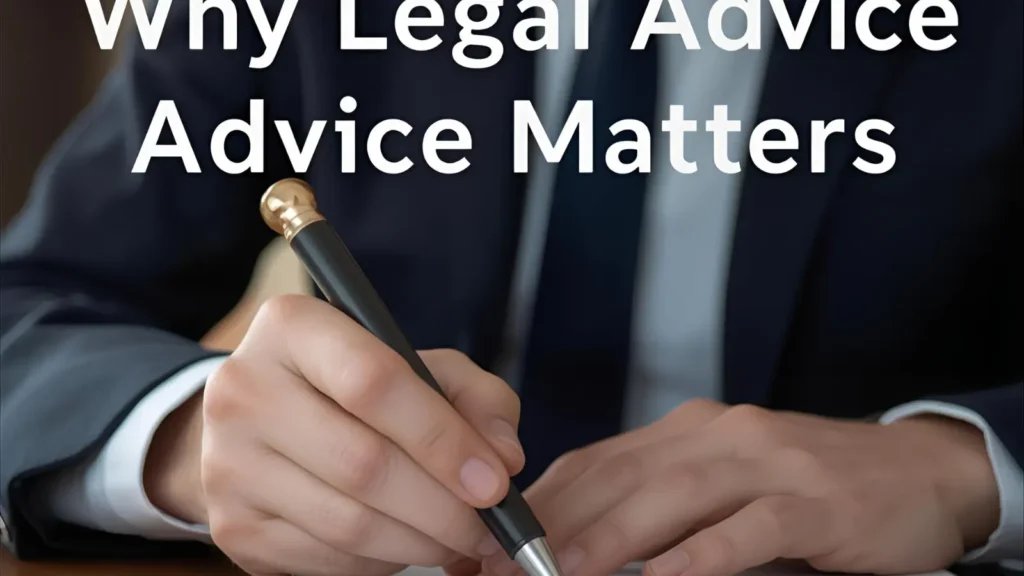
Getting proper legal advice can make the difference between success and serious trouble. Here’s why it’s so important:
- Protects your rights: Ensures you understand what’s legally allowed or forbidden.
- Prevents costly mistakes: Avoids fines, lawsuits, or invalid contracts.
- Saves time and stress: A lawyer helps you handle paperwork and deadlines correctly.
- Increases confidence: You make decisions based on facts, not assumptions.
For instance, before signing a property agreement or a business partnership, getting professional legal advice can help you avoid hidden risks.
4. When You Should Seek Legal Advice

You don’t always need a lawyer — but in certain cases, it’s essential.
4.1. Personal Legal Situations
- Divorce, child custody, or spousal support
- Inheritance, wills, or property transfer
- Traffic violations, fines, or criminal charges
- Personal injury or accident claims
4.2. Business and Work Situations
- Starting a company or partnership
- Employee contracts or workplace disputes
- Copyright or trademark registration
- Tax or compliance issues
4.3. Financial and Property Matters
- Buying or selling property
- Loan or mortgage agreements
- Tenant-landlord disputes
Whenever your rights, money, or property are at stake, it’s time to get professional legal help.
5. Types of Legal Advice
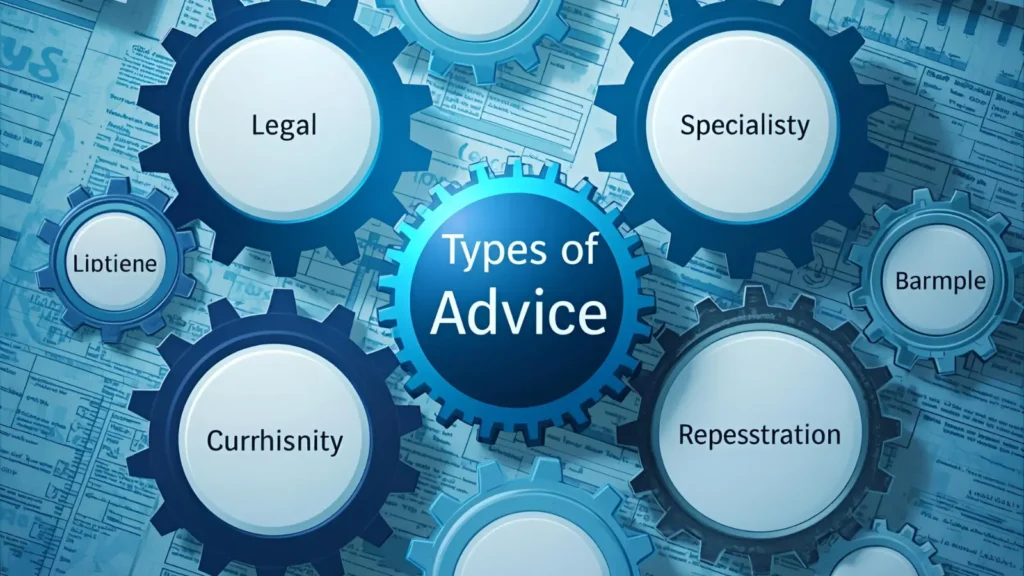
Different situations require different kinds of legal advice. Here are the main categories:
5.1. Preventive Legal Advice
This is advice you seek before a problem happens — for example, reviewing contracts, ensuring compliance, or checking business documents.
5.2. Corrective Legal Advice
This is given after an issue arises — like when you’re sued, fined, or facing a dispute.
5.3. Strategic Legal Advice
This focuses on planning your actions — for instance, how to structure your business legally or reduce future risks.
6. How to Get Legal Advice in 2025
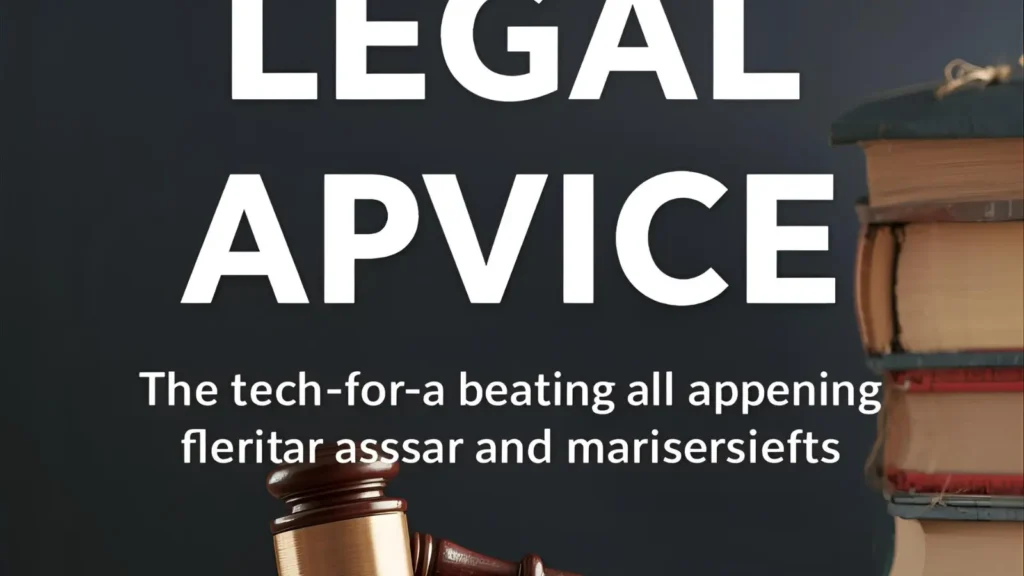
Finding good legal advice has become easier thanks to technology. Here are your main options:
6.1. Hire a Lawyer
Hiring a professional lawyer ensures accurate and confidential advice. You can find one through:
- Local bar associations
- Online directories like Avvo, FindLaw, or LegalZoom
- Referrals from family or friends
6.2. Free or Low-Cost Legal Aid
If you cannot afford legal fees, consider:
- Legal aid clinics for low-income individuals
- University law schools offering supervised student help
- Nonprofit legal organizations providing pro bono services
6.3. Online Legal Advice Platforms
In 2025, several platforms let you chat or video-call with lawyers online. Many offer fixed-fee consultations, making legal help affordable and accessible.
7. Understanding Your Legal Rights
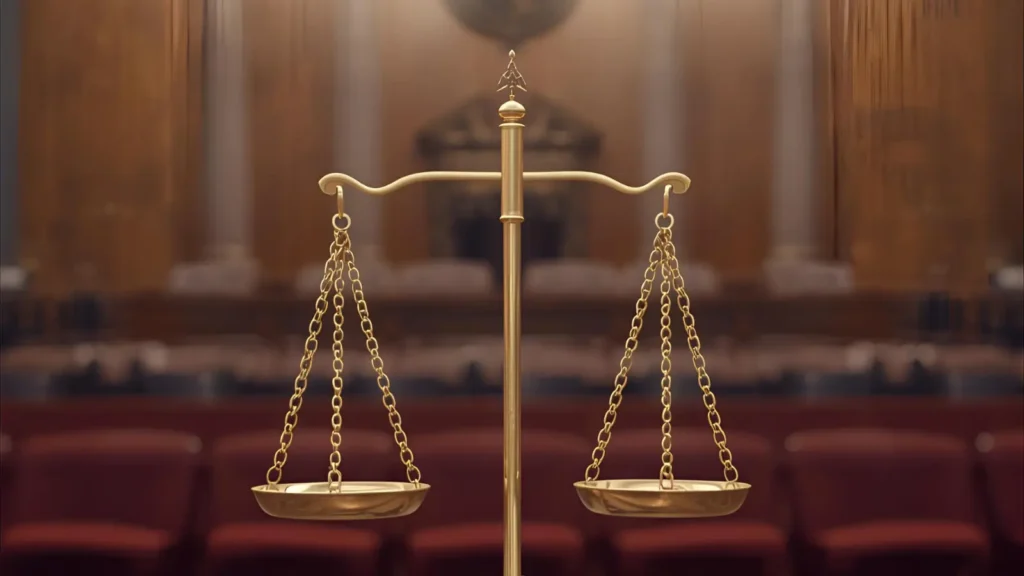
Knowing your rights is the foundation of self-protection. Here are a few everyone should know:
- Right to fair treatment under the law
- Right to privacy and safety
- Right to an attorney if accused of a crime
- Right to equal opportunity regardless of gender, race, or religion
Awareness of your rights allows you to act confidently and prevents others from taking advantage of you.
8. The Role of Lawyers
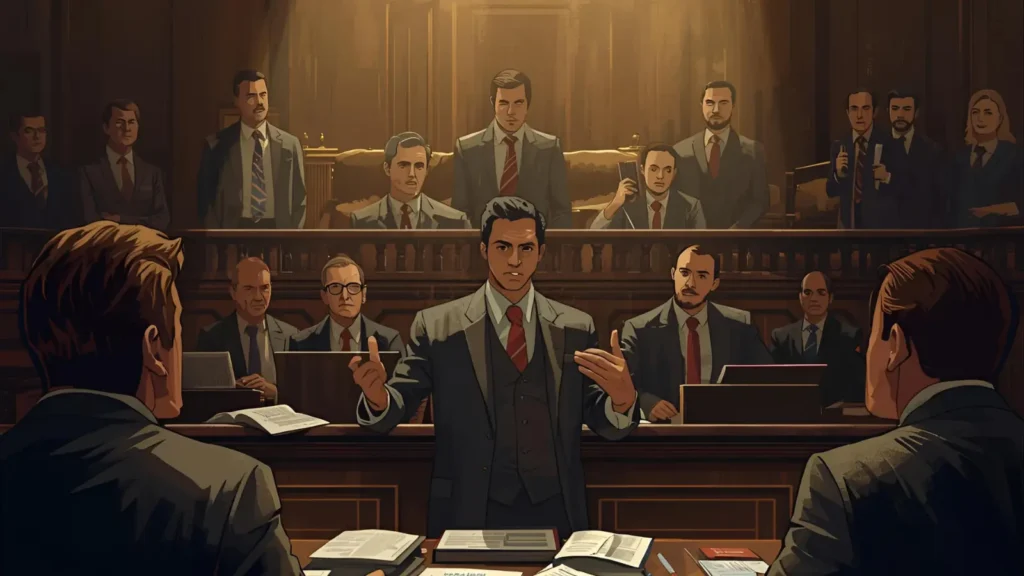
Lawyers are more than courtroom representatives. They are your legal partners, guiding you through laws and paperwork. Their responsibilities include:
- Reviewing contracts and agreements
- Offering strategic advice
- Representing you in negotiations or court
- Protecting your privacy and legal rights
A reliable lawyer helps you avoid legal pitfalls and ensures that every step you take is lawful.
9. Choosing the Right Lawyer

Selecting the right lawyer can significantly affect your outcome. Follow these tips:
- Find a specialist — choose one with experience in your issue (family, tax, or corporate law).
- Check credentials — verify their license and reputation.
- Ask about fees upfront.
- Read client reviews or testimonials.
- Ensure good communication — a good lawyer listens and explains clearly.
A professional who makes you feel confident and understood is usually the right fit.
10. Common Legal Mistakes People Make

Even smart people make legal errors. The most common ones include:
- Signing documents without reading
- Ignoring legal notices
- Relying on verbal promises instead of written agreements
- Missing filing deadlines
- Trying to handle serious issues alone
Avoiding these mistakes begins with seeking early legal advice.
11. Important Legal Documents Everyone Should Know
Legal documents protect your interests and clarify responsibilities. Here are key ones:
- Contracts: Define duties between two or more parties.
- Will: Explains how your assets are distributed after death.
- Power of Attorney: Gives someone permission to act for you.
- Lease Agreement: Sets terms for renting property.
- Non-Disclosure Agreement (NDA): Protects private business information.
Understanding these documents helps prevent future disputes.
12. How to Prepare for a Legal Consultation
To make the most of your meeting, prepare carefully:
- Bring all relevant documents (contracts, photos, letters, etc.)
- Write a timeline of events
- List your main questions and goals
- Be open and honest — remember, everything you say is confidential
Preparation saves time and helps your lawyer give accurate guidance.
13. Legal Fees and How They Work
Lawyers use different payment structures. Here’s what you should know:
| Type | Description | Example |
|---|---|---|
| Hourly Rate | Charged per hour worked | $150–$400/hr |
| Flat Fee | Fixed cost for a service | $200 for drafting a will |
| Contingency Fee | Pay only if you win | Common in injury cases |
| Retainer Fee | Deposit to secure ongoing services | Used in business law |
Always request a written fee agreement to avoid surprises later.
14. Free and Affordable Legal Resources
In 2025, access to justice has improved. You can now find:
- Government legal aid websites
- Community advice centers
- Bar association referral programs
- Online legal chatbots that answer basic questions
These services ensure everyone can get help, regardless of income.
15. Confidentiality and Legal Ethics

Everything you share with your lawyer is protected by attorney-client privilege. This means:
- Your information cannot be disclosed without consent.
- It allows full honesty, which helps your lawyer defend you better.
Lawyers must also follow ethical rules: act with integrity, avoid conflicts of interest, and provide competent service. Ethics build trust and protect clients.
16. Digital Legal Advice in 2025
Technology is transforming how legal help works. Today, you can:
- Use AI-based platforms for initial case evaluations.
- Get contracts reviewed online.
- Use video consultations for urgent cases.
- Sign legal documents electronically.
Digital tools make legal advice more convenient, affordable, and instant — perfect for modern lifestyles.
17. Verifying Legal Advice Online
With so much online content, you must be cautious. Follow these checks:
- Confirm the credentials of the lawyer or platform.
- Look for verified bar association profiles.
- Avoid anonymous forums for serious issues.
- Read user reviews before booking consultations.
Trust only official or verified legal websites.
18. Everyday Examples of Legal Advice
Legal advice applies to daily life more than people realize. Examples include:
- Buying a used car: Checking warranty and ownership papers.
- Starting a business: Registering your company legally.
- Social media use: Understanding privacy and defamation laws.
- Employment: Knowing your rights against unfair dismissal.
Even small decisions can have legal effects — and basic advice prevents big problems.
19. Common Questions About Legal Advice (FAQs)
1. What’s the difference between legal advice and legal aid?
Legal advice is guidance from a lawyer about your case, while legal aid is financial help to pay for that advice if you can’t afford it.
2. Can I get legal advice online for free?
Yes. Many sites offer free initial consultations or connect you with legal aid organizations that assist low-income individuals.
3. When should I hire a lawyer?
Whenever your freedom, money, or property is at risk — or if you don’t fully understand a legal document.
4. Is advice from a friend or social media group legal?
No. Only a licensed lawyer can give professional legal advice.
5. How do I verify if a lawyer is real?
Check your country’s bar association website for their license status.
6. What are my rights if I’m arrested?
You have the right to remain silent and the right to a lawyer before answering any questions.
7. What if I can’t afford a lawyer?
Apply for legal aid or seek help from community legal centers that provide free services.
Conclusion: Knowledge Is Your Best Defense
Understanding legal advice basics gives you power — the power to protect your rights, avoid mistakes, and make informed decisions. You don’t need to be a lawyer to understand the law, but you do need to know when to get legal help.
In 2025, accessing legal advice has never been easier — from online consultations to free community programs. So, whether you’re facing a dispute, planning your future, or starting a new venture, remember this rule:
“It’s always cheaper to get advice before a problem than to fix one after it happens.”

